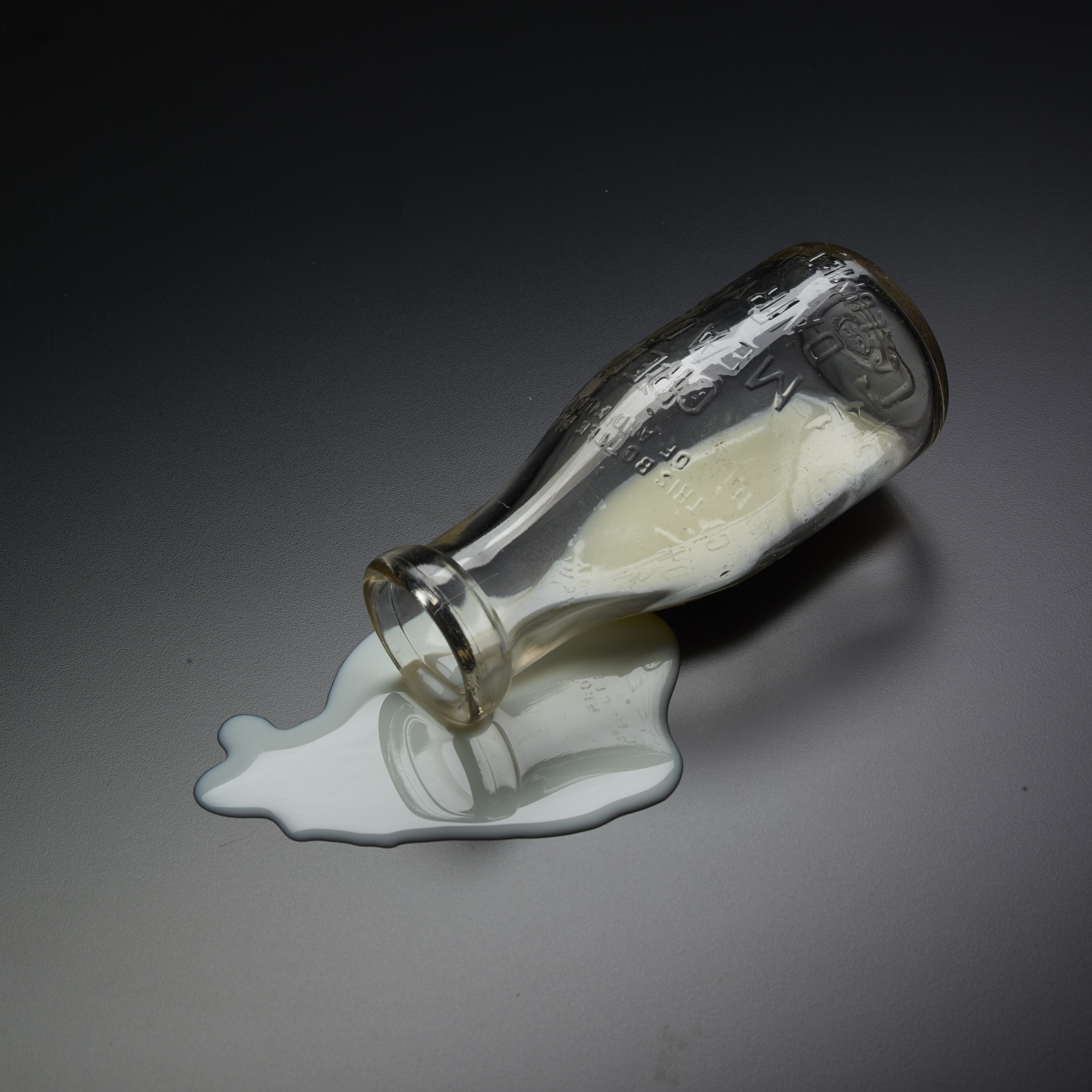
How Milk Goes Down Around the World
Got milk? If so, you also may get bloating, gas, or stomach pain after you drink a glass of it. That’s because most of the world’s adults—an estimated 68 percent—aren’t able to digest it.
Their condition is commonly called lactose intolerance. It stems from a lack of lactase, an enzyme that breaks down the milk sugar lactose. Lactase is present in young children but weakens in most people after weaning, says evolutionary geneticist Pascale Gerbault of University College London.
The enzyme continues to be produced, a trait scientists call lactase persistence, only in small populations of adults around the globe.
Though what sparked the digestion divide is uncertain, Gerbault says, one pattern may shed light: Milk tolerance in adults appears to be more common in regions with a history of raising dairy mammals, such as cattle, goats, and sheep. So chances are, even if you enjoy milk or love other lactose-rich foods like yogurt and ice cream, your GI tract isn’t quite as happy as your taste buds might be.
Map by Jerome M. Cookson, NGM staff, Sources: Pascale Gerbault and the Global Lactase Persistence Association Database, University College London
Never fear: A whole array of milk alternatives have come on the scene in recent years. Soy milk—probably the most ubiquitous substitute—has been a favorite for some time, though sales of nut-based milks like almond and cashew are on the rise, up 18 percent from last year, according to White Wave Foods, a leading purveyor of plant-based foods. Milks made from a variety of other ingredients, from oats to quinoa to hemp, are beginning to attract devotees as well.
And the timing couldn’t be better for makers of milk alternatives, since the International Dairy Foods Association is reporting record lows for cows’ milk sales in the U.S. In fact, “at just 164.6 pounds (19.22 gallons), 2013 per capita sales [of fluid milk] fell by 2.8 percent, the fourth largest year-to-year decline since 1955,” an association fact sheet says.
And there has also been an resurgence of interest in other animal milks, particularly goat milk, which is more calorie-dense, higher in fat and certain vitamins. Some experts say it may be easier to digest than cow’s milk for the lactose-sensitive population.
So while we here at The Plate haven’t yet encountered a camel milk latte–although camel milk has been a revered in the Middle East and parts of Africa for centuries–we wouldn’t be surprised to see one on a coffee shop menu soon.
A version of this piece appears in the May issue of National Geographic magazine.
Catherine Zuckerman is a National Geographic staff writer. She enjoys lactose in many forms, particularly chocolate milkshakes. Follow her on Twitter.